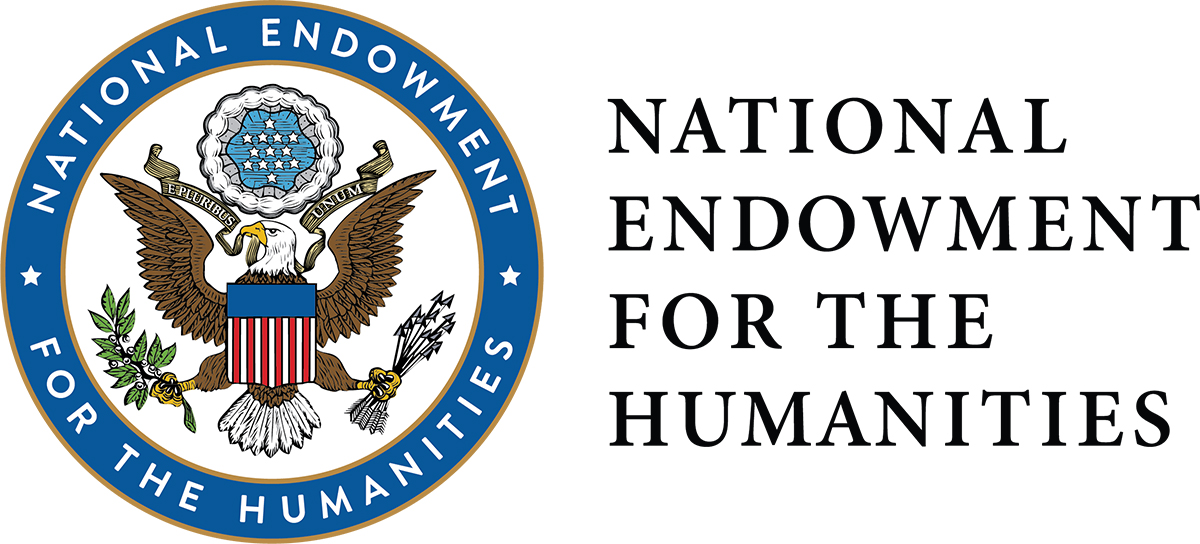About MAPs
MAPS was initially created in 1999 at the University of Illinois as a companion site to the first edition of the Oxford Anthology of Modern American Poetry (Oxford UP, 2000). The anthology contains poems by hundreds of different modern and contemporary poets, including several poets—among them women, minorities, and progressives—who previously had not been published in anthology form. Cary Nelson and the original advisory board of notable scholars realized that readers would benefit from having more information readily available and accessible to them than what a book could hold.
Starting with the original Illinois site (http://www.english.illinois.edu/maps/index.htm), Bartholomew Brinkman developed the updated site (http://www.modernamericanpoetry.org/dashboard) in the Spring of 2013 to allow more in depth and modern functions through Drupal, an open source content management system that allows for a great deal of modularity and flexibility in presentation and purpose. The new MAPS site features several state-of-the-art features beyond those available on the original site. MAPS, with the help from grants and student interns, has grown over the past decade to more than 30,000 pages of biographies, critical essays, syllabi and images relating to 161 poets. The site still urges you to read the books from which the excerpts were taken; making sure all possible information is gathered and researched.
MAPS is a part of an innovative and intellectual community of students and scholars. It acts as a medium to allow fluid conversation between individuals in which new ideas and criticism combine to help influence readers and learners. It is a learning environment and resource for the study of modern and contemporary American poetry. A user of the site can choose between various approaches to learn and experience poets and poems. With use of biographical information, criticism, and other materials, MAPS involves processes that connect poets in many ways: biographically, geographically, thematically, and historically. The site is not limited to its own information; external links grant users a more wide spread glance at poetry and can help motivate readers to engage with other readers. The site includes audio, other media files, essays, images of poets and book jackets, bibliographies, archives, teaching resources, and more. The convenience of having connections to outside sites aids in ones effort to research and compile facts and criticism. MAPS also encourages its users to submit criticism and or to search for information that MAPS has use for. This ever-growing site is a user’s guide to poetry and history that runs on the collaborative process.

Bartholomew Brinkman
Director
Framingham State University

Cary Nelson
Founding Director
University of Illinois at Urbana-Champaign
Intern Testimonial
Working with the Modern American Poetry Site (MAPS) has given me an opportunity to learn and discuss poets and their poetry in a way that is new and innovative to me. I have been able to do in depth research on specific poets and their work which has given me a new insight into their writing and personal take on life. I really enjoy how collaborative the site is since, as an English major, I work closely with other students and learn based on enhanced conversation about works of literature and culture. I work best in a team environment where an individual can learn from another freely without their being any hierarchy or judgement. The site has encouraged me to continue to read and explore poetry. I have found that the internship with MAPS teaches more about the professional side of poetry than what someone may expect. Researching grants, historical events, other kinds of awards, and even some of the poet’s biographical information, has given me tools that I can incorporate into my own life as a poet and scholar. I feel very interested to continue learning about MAPS and I hope to keep it in my life as a resource for further reading and learning, since the site is ever growing.
Researching poets allowed me to understand their lives and their style of writing. I learned about their themes and interests and in doing so, gained a different perspective of the life of the poets. After doing direct work with the poets and their work, I explored MAPS to find how one may use MAPS in the classroom and how a student can use MAPS. I liked that, by writing about how one should interact with the site, I learned about the site myself. I was able to look at the site in terms of what lessons a professor may come up with for a course and how a student might interpret the site. I had to learn to adjust my writing to the audience of this site, which as a result, helped me to be flexible and well-rounded in terms of writing styles. I gained a more professional outlook on writing for different audiences. I mainly gained a new appreciation for editing web materials and for poets and their work.
--Leah Steele (Spring '17)
Funding
MAPS has been made possible in part by a major grant from the National Endowment for the Humanities: Democracy demands wisdom.
Any views, findings, conclusions, or recommendations expressed on the MAPS website, do not necessarily represent those of the National Endowment for the Humanities.
Visit the NEH website (www.neh.gov) for more information.

